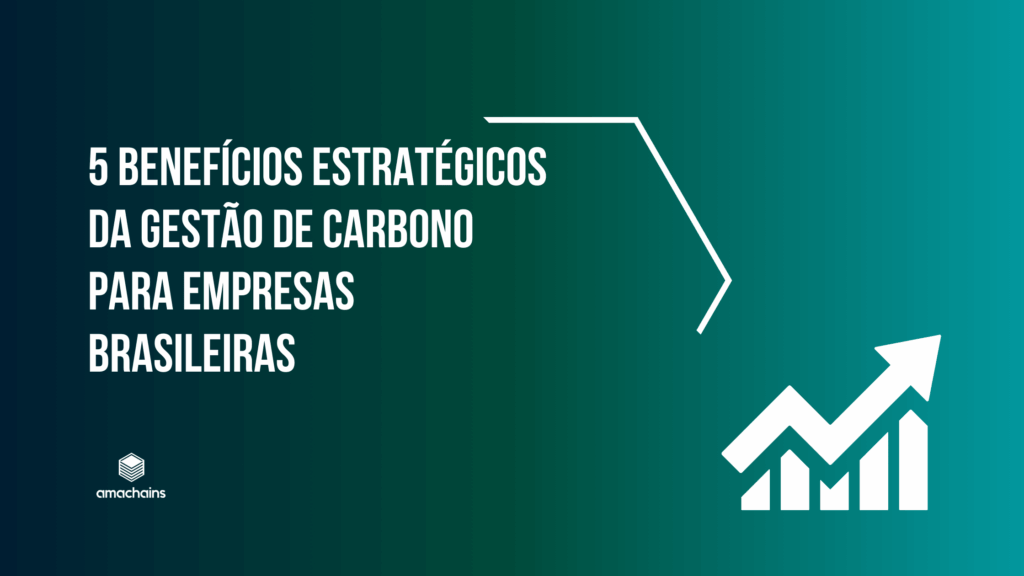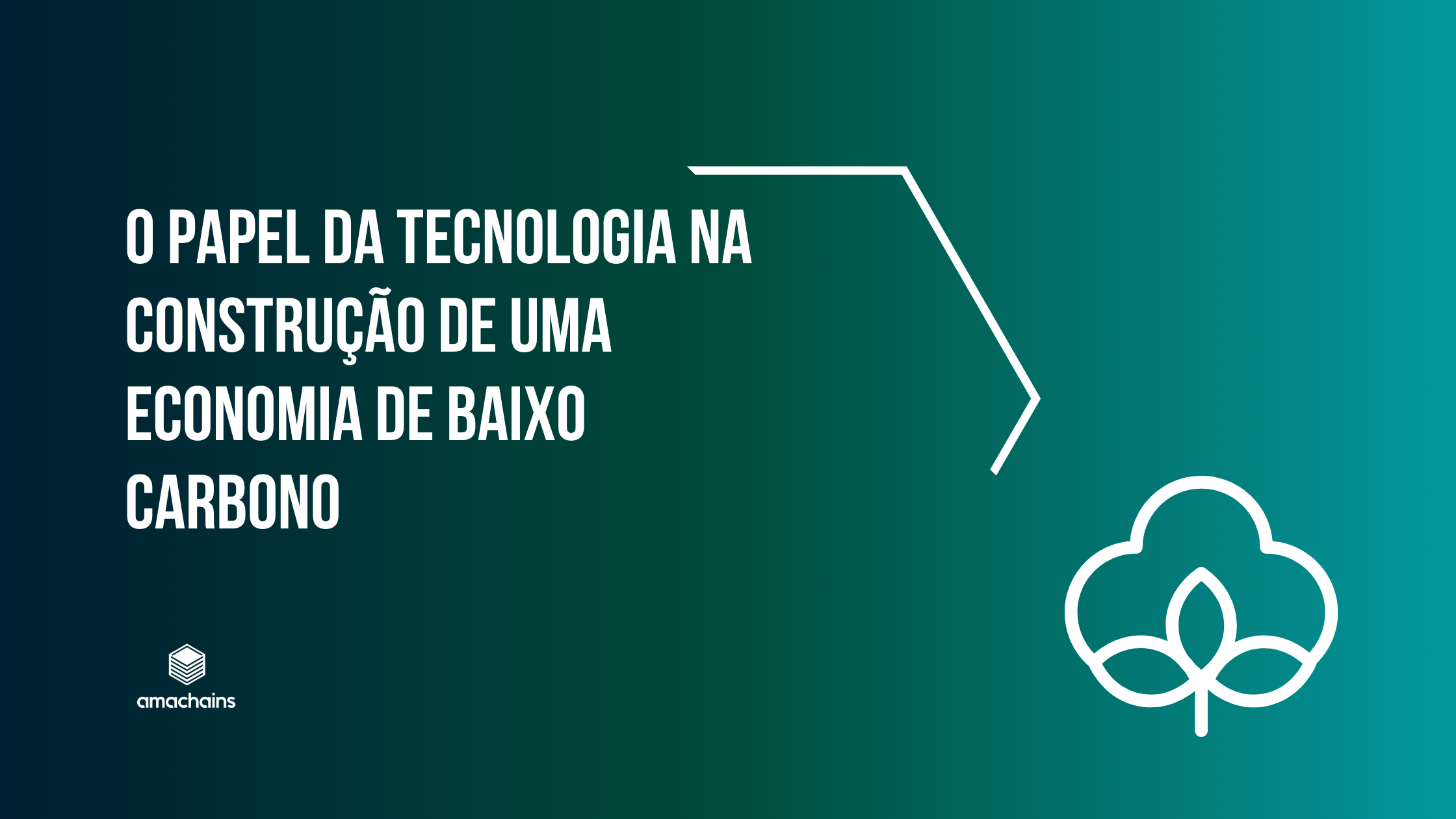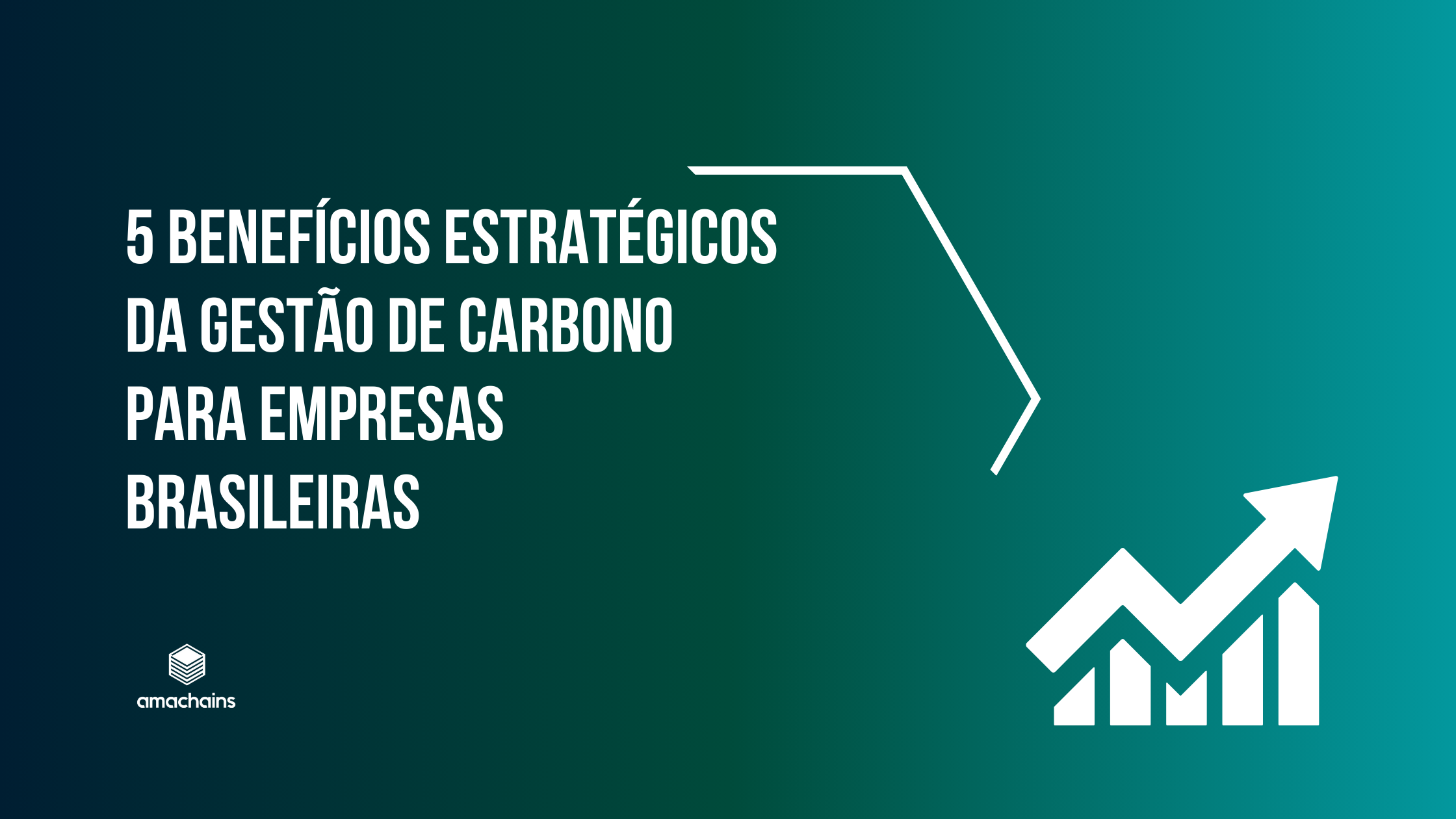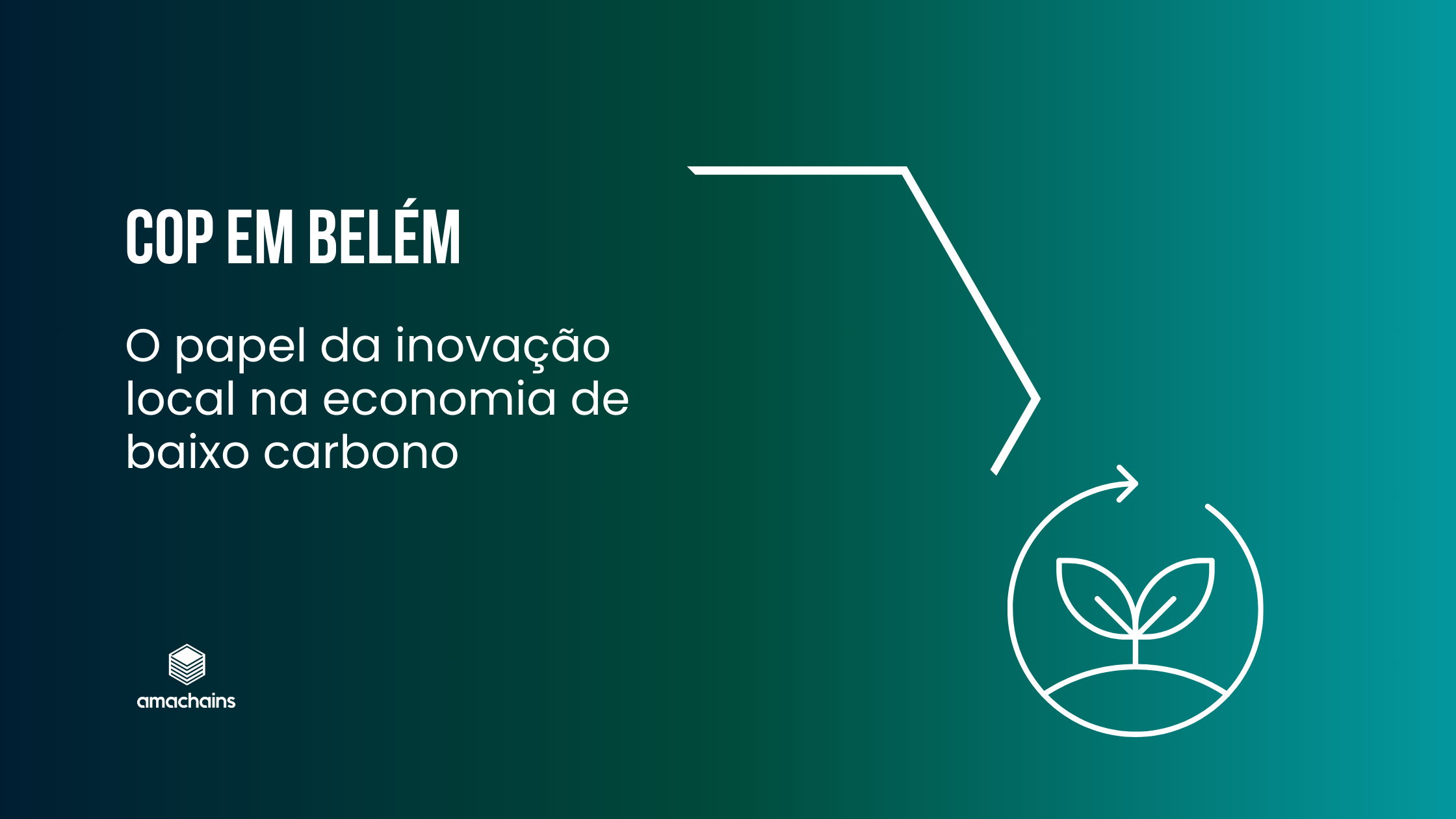Adopting sustainable practices is no longer an isolated action and has become part of the core of corporate strategy best positioned in the market. In this new context, the carbon management stands out as one of the most relevant pillars of the corporate agenda. It is not just about meeting regulatory requirements, but about building a competitive advantage in a world increasingly guided by environmental, social and governance (ESG) criteria.
THE carbon management involves mapping, measuring, analyzing and making decisions based on emissions from greenhouse gases (GHG) associated with a company's operations. It is the starting point for processes of decarbonization and participation in the carbon market, with the possibility of acquiring or generating carbon credits.
For Brazilian companies operating in a country with enormous potential for leadership in the green economy, carbon management represents a strategic opportunity. Below, we highlight five concrete benefits it can bring.
1. Competitive advantage and strategic positioning
Companies that adopt a structured approach to carbon management demonstrate environmental maturity and forward-thinking vision. This puts them in a privileged position compared to their competitors, especially in sectors where traceability of emissions is a decisive differentiator for negotiations with suppliers, customers and international partners. In a global scenario where supply chains increasingly demand environmental transparency, being prepared to report and prove one’s carbon footprint is a valuable strategic asset.
Additionally, the ability to present clear goals decarbonization and mechanisms to achieve them strengthens the brand's institutional positioning, connecting the company with global sustainability commitments.
2. Access to investment and sustainable financing
The financial market is increasingly paying attention to companies’ environmental performance. Institutional investors and specialized funds have been directing resources to businesses that demonstrate a commitment to climate risk management. Adopting an effective carbon management policy can facilitate access to green credit lines, attract ESG funds and open doors to strategic partnerships.
Companies that measure and control their emissions, present transparent reports and act based on reliable data convey security to investors and increase their attractiveness in the capital market.
3. Strengthening brand reputation and image
Society is increasingly engaged with environmental issues, and consumers, especially the younger generations, demand consistent positions from brands. Carbon management is a tangible way to demonstrate environmental responsibility and commitment to the future of the planet.
Brands that demonstrate climate leadership and participation in carbon market — through the generation or acquisition of carbon credits — gain positive visibility, expand their connection with the public and strengthen their institutional image. This reputation not only adds value to the brand, but also positively impacts indicators such as talent retention and customer loyalty.
4. Risk reduction and increased operational resilience
Carbon management helps companies identify vulnerabilities in their operations and production chains. By mapping emission sources, it is possible to identify inefficiencies, reduce waste, optimize processes and prevent impacts resulting from climate change, such as interruptions in production or increased cost of inputs.
Furthermore, complying with environmental legislation — both national and international — reduces the risk of sanctions, fines and reputational losses. With the advancement of environmental regulation, carbon market In Brazil, companies that already manage their emissions will be better prepared to adapt to the new legal requirements.
5. Innovation, efficiency and new business opportunities
Carbon management is not just a requirement: it can be a catalyst for innovation. By analyzing the environmental impact of operations, opportunities arise to implement cleaner technologies, adopt renewable energy sources, rethink products and services, and even create new lines of business with a focus on sustainability.
Brazilian companies that integrate technological solutions, such as Amachains Carbon, can go beyond basic measurement, incorporating artificial intelligence, blockchain and impact simulations to make faster and more informed decisions. This allows for smarter action in carbon market, with potential for generating revenue with carbon credits and active participation in the transition to a low-carbon economy.
Companies that invest in robust carbon management today not only adapt to new market demands, but position themselves as protagonists of a more sustainable and competitive future.
The time is now. Adopting carbon management as part of your business strategy is a firm step towards leadership in the new green economy.








